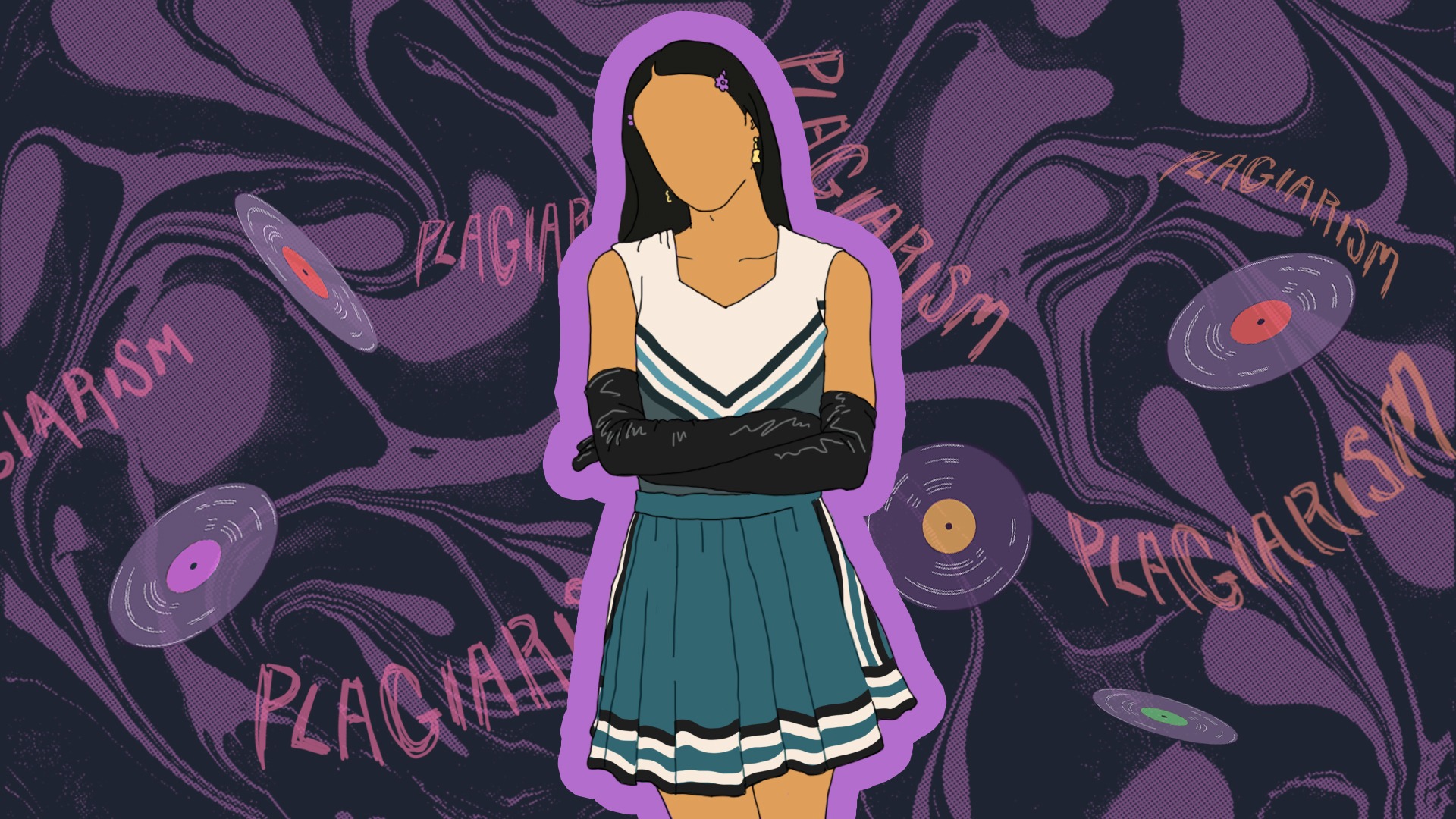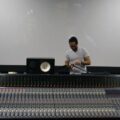Throughout this series, we’ve taken a look at the twisting tale of musical plagiarism, from confusing copyright laws to high-profile cases of prolific copycats. In part 2, we explored how sampling marked an unpredictable yet necessary step in the evolution of music and its history of plagiarism. Despite what your reservations about the technique may be, what followed has the potential to be far more restrictive – and controversial.
In 2015, a federal judge ruled that the hit single “Blurred Lines” by Robin Thicke and Pharrell Williams shared enough similarities to Marvin Gaye’s “Got to Give It Up”, that the two artists were forced to pay half of the song’s royalties to the Gaye estate. They were also ordered to make a one-off payment of $5.3m ($6.67m CAD) in damages.
What makes this a landmark case, and a great cause for concern amongst some of the music community, is the fact that it doesn’t deal with any of the pre-established rules surrounding plagiarism. “Blurred Lines” doesn’t copy the melody or lyrics of “Got to Give It Up”, nor does it sample anything from Gaye. In fact, “Blurred Lines” is in a minor key, while “Got to Give It Up” is in a major key, and the chord progressions are totally different. Regardless, the plagiarism case was successful.
Thicke and Williams fully admit to channeling the groove and feel of “Got to Give It Up”, which until that point wasn’t any cause for legal concern. That, however, was exactly what the Gaye estate was challenging: the “feel” of the song. Admittedly, the two songs do feel similar, but the idea that songs which have a comparable vibe can be legally challenged could have huge implications for the music industry as a whole. This is especially true when you consider all of the music out there that’s derived from past recordings.
In an interview between Williams and legendary producer Rick Rubin, Williams expressed his frustration regarding the verdict. “It hurt my feelings because I would never take anything from anyone,” stated Williams. When Rubin then suggested that “Blurred Lines” sounds “nothing like ‘Got to Give It Up’,” Williams replied, “Nope. But the feeling was. You can’t copyright a feeling. All salsa songs sound pretty much the same”.
“It’s bad for music because we’ve had an understanding of what a song is, and now, based on that one case, there’s a question of what a song is,” Rubin went on to say. “It’s not what it used to be in the past, because in the past it would be the chords, the melody, and the words. It leaves us as music-makers in a really uncomfortable place making things, because we don’t know what you can do”.
The worry that the “Blurred Lines” case would spark a slew of court cases wasn’t unfounded. Mark Ronson and Bruno Mars came under heavy fire after releasing “Uptown Funk”. The Gap Band were the first to claim plagiarism, and got themselves (along with producer Lonnie Simmons, and keyboardist Rudolph Taylor) added as co-writers of “Uptown Funk”.
More recently, in 2021, newcomer Olivia Rodrigo retroactively added Hayley Williams of Paramore as a co-writer on her hit single “good 4 u”, right around the time it reached No. 1 on the Billboard charts. The comparisons soared on social media, with thousands of viral mashup videos pointing out how Rodrigo’s song and Paramore’s 2007 anthem “Misery Business” shared not only similar pop-punk energy, but a nearly identical structure, melody and chord progression.
That wasn’t the end of writing credit additions to Rodrigo’s debut album Sour. Taylor Swift, Jack Antonoff, and St. Vincent were all credited retroactively as non-collaborative co-writers. After the release, Rodrigo confirmed in an interview on the Zach Sang Show that her track “1 step forward, 3 steps back” interpolated Swift’s “New Year’s Day”, as she had written lyrics and melody directly over the original song chords. Though no official lawsuits were ever released to the public, the young pop star is said to have lost millions of dollars paying off royalties for some of her biggest songs.
The threat of legal action for some of the more popular artists seems almost inevitable, especially for those who try to reference retro styles.
Yet, that in itself will always present a hurdle with regards to new music. There’s no house music without the disco that came before, psych rock wouldn’t have emerged without folk, hip hop is propped up by the jazz, funk, and soul that preceded it. Music is a skyscraper that has been built over many generations. When it comes to music, it’s history that leads to innovation.
There’s no doubt that copyright law is necessary, but has it lost its way? Laws that were initially put in place to protect, are in serious danger of suffocating artistry. In Canada, we have the Copyright Act of 1985 – a dry, lengthy read that the Canadian Government summarizes as: “Simply put, the Act prohibits others from copying your work without your permission. Its purpose is to protect copyright owners while promoting creativity and the orderly exchange of ideas”.
It would be hard to argue that the threat of lawsuit does anything to promote creativity. It’s far more likely that it will get in the way of imagination. Who knows what kind of musical opus will fail to reach our ears if artists are in fear of being sued. Artists absolutely need protection, but when it comes to “promoting creativity and the orderly exchange of ideas,” lawmakers might be failing to deliver. As Marvin would say: they’ve got to give it up.
Text written by Daryl Keating & co-written by Maryse Bernard
Illustration by Yihong Guo





















